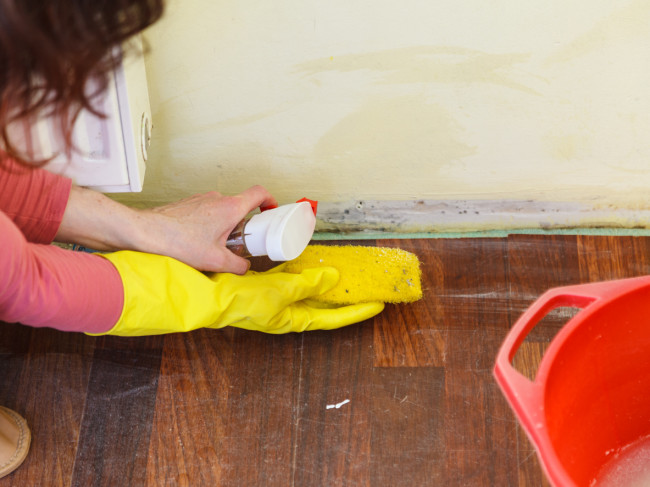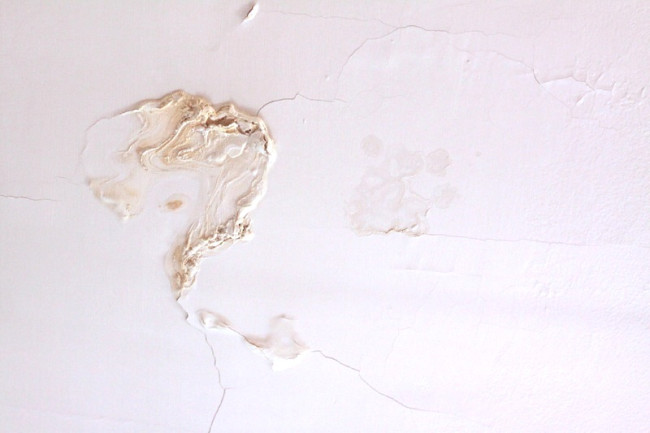There's mold in the ceiling of a co-op apartment. Does the building or the shareholder file an insurance claim?

Both insurance companies are going to have to get involved.
A leak that originated in the bathroom of one apartment, possibly from an improper toilet installation during a prior shareholder's renovation, has resulted in mold between the floor of that apartment and the ceiling in the apartment below.
The affected shareholder's insurance company is requesting that the co-op file a claim with the building's insurance company. It's not clear to the co-op whether a claim should be filed since the co-op is not responsible for the issue that caused the mold, and by even filing a claim, it may appear as if we are accepting liability. Who's responsible for remediating the mold?
Your best bet here is to file that claim as requested and let the insurance companies sort it out, our experts say.
Take a look at the co-op's proprietary lease, which should lay out which repairs the building is responsible for, and which ones co-op shareholders must address themselves. Typically, the building deals with issues like mold in common areas, while shareholders are liable for mold remediation within their own units.
But because the mold in this case is in the ceiling between two apartments, both the building and affected shareholder need to file insurance claims.
Mold can pose a significant health hazard to residents, according to the city's Department of Health and Mental Hygiene. In rental buildings of three or more apartments, landlords are required by law to keep tenants' apartments free of mold.
In co-ops, the building's master policy, in addition to the proprietary lease, should spell out who is liable for remediating mold, the Cooperator writes. But in a case like this one, in which it's unclear who caused the mold, multiple insurance providers may need to get involved.
"Claims should be filed with both shareholders' insurers, as well as the building's master policy insurer," says Jeffrey Schneider of Gotham Brokerage (a Brick sponsor). "The upstairs neighbor may or may not be negligent. If there is no negligence, the downstairs owner and the building will not be able to recover against the upstairs owner's insurance policy."
If the upstairs shareholder no longer lives in the building, Schneider adds, it may still be possible to involve their insurance provider. But if they are not at fault for the mold, the issue should be settled between the providers for the downstairs neighbor and the building.
Mold remediation can be quite expensive, and insurance may not cover the entire cost, but as members of the co-op board you shouldn't hesitate to file a claim. Otherwise, your shareholder may get an attorney involved and pressure you to act. It's best to sit back and let the insurance providers get to the bottom of this one.
Trouble at home? Get your NYC apartment-dweller questions answered by an expert! Send us your questions [email protected].
For more Ask an Expert questions and answers, click here.
You Might Also Like



























